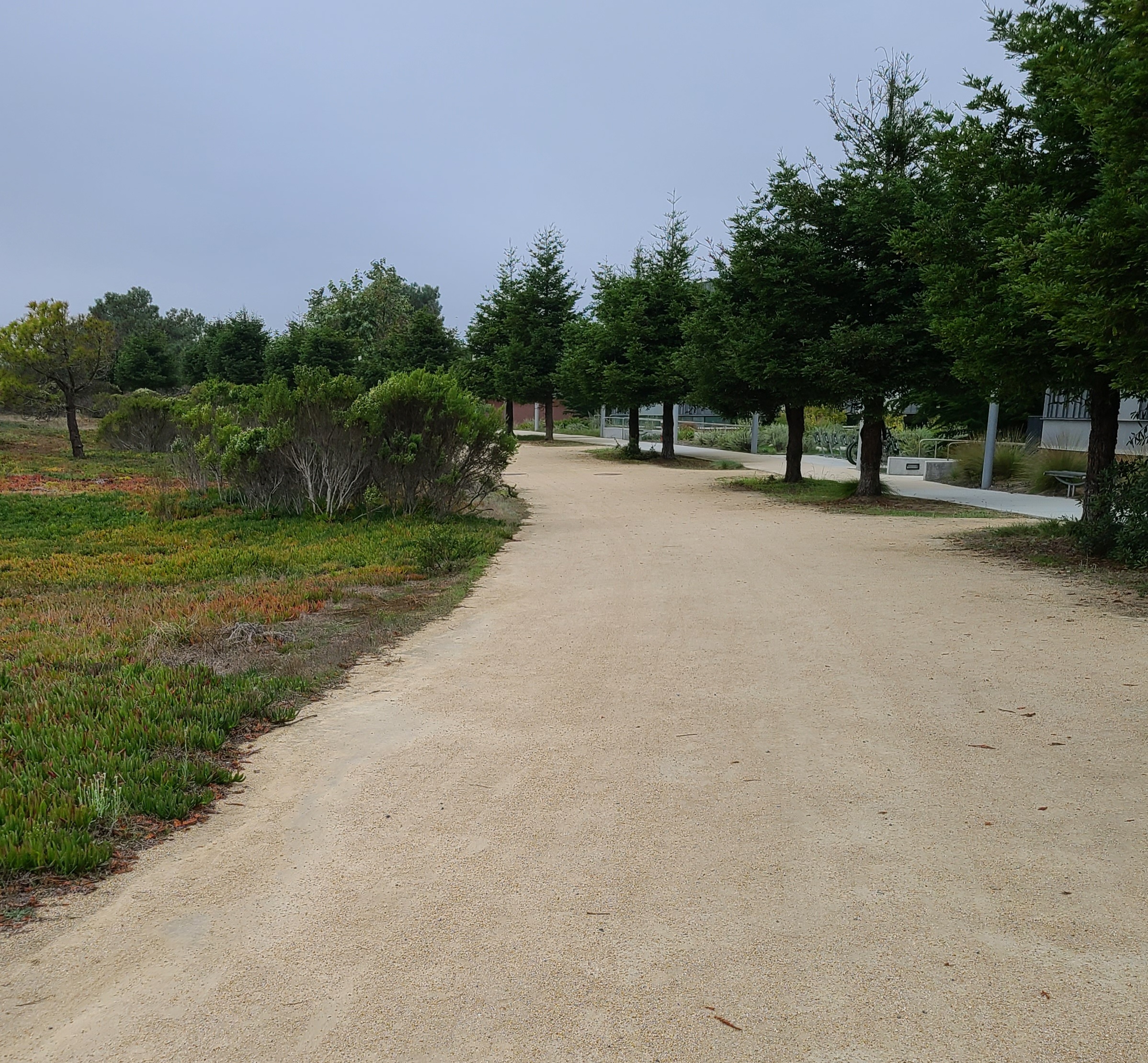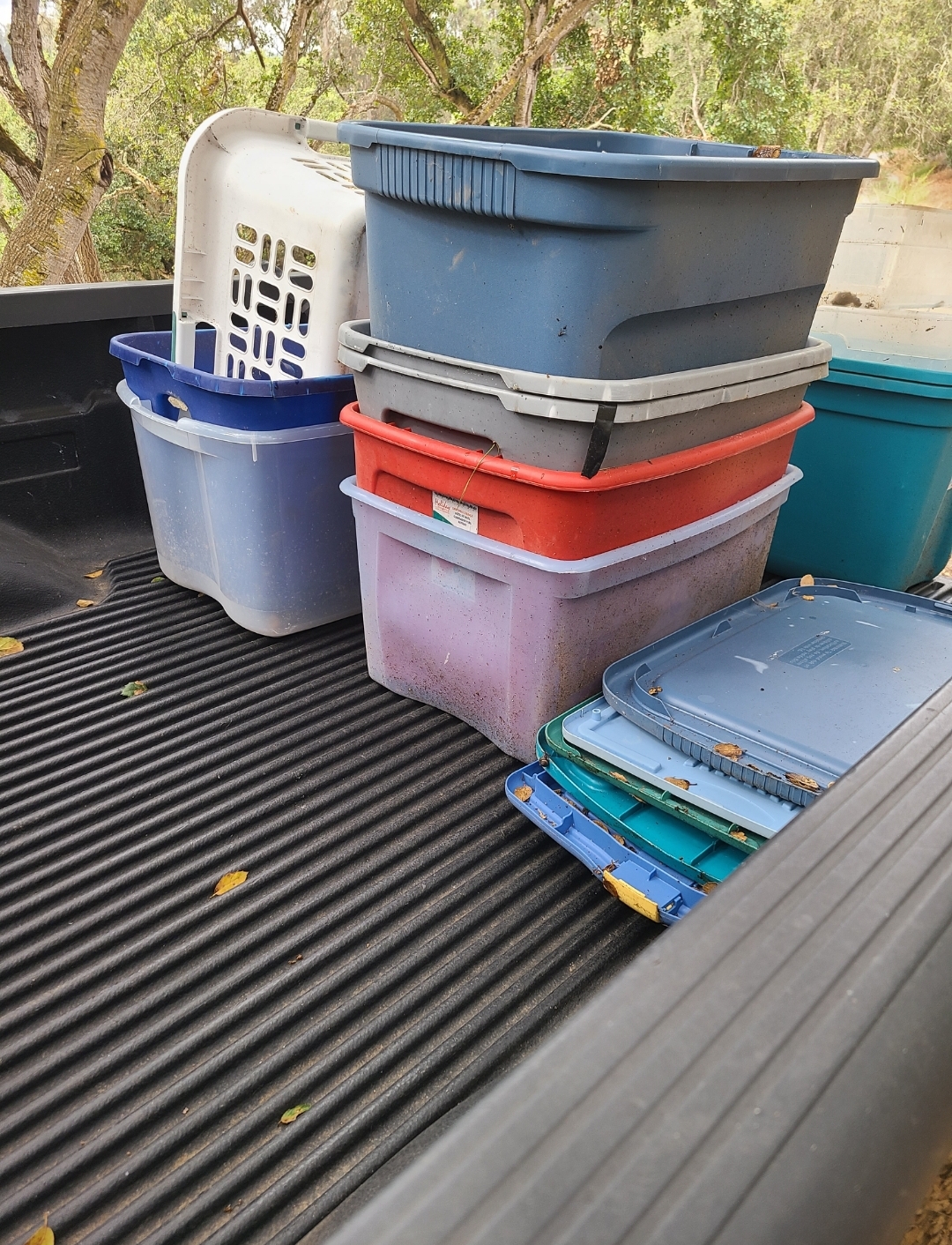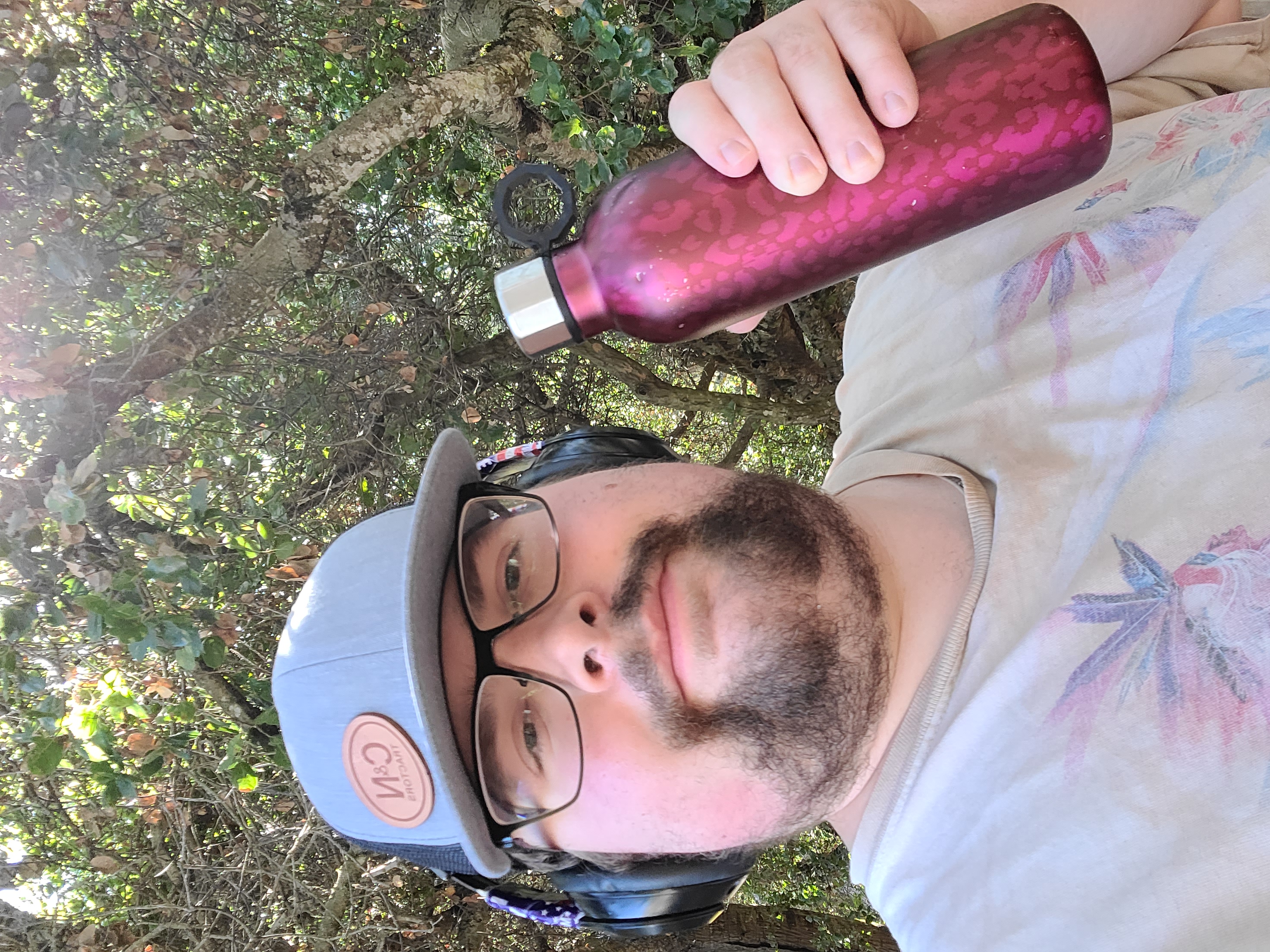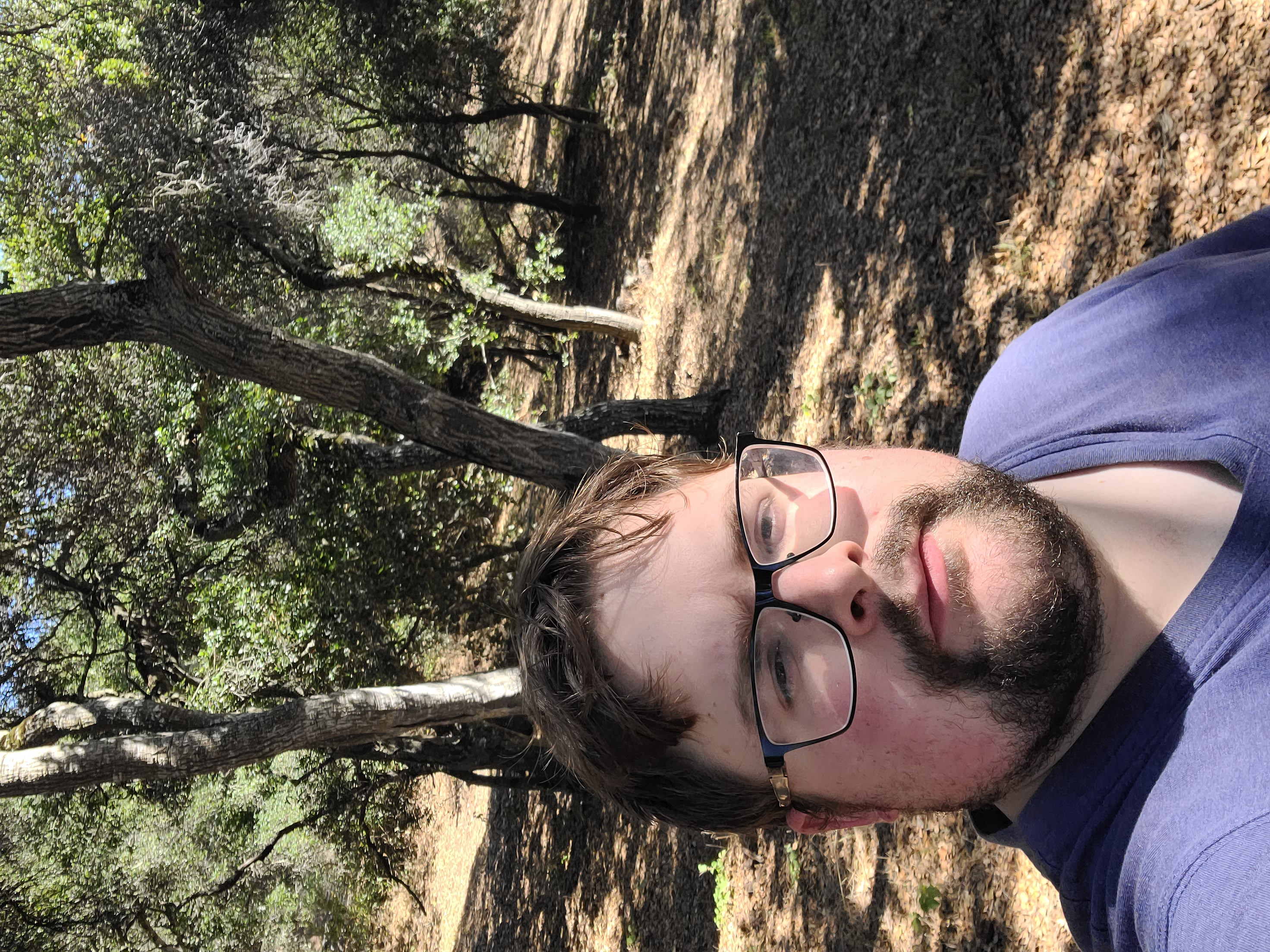Jonathan Ruckman
POINTS TOTAL
- 0 TODAY
- 0 THIS WEEK
- 864 TOTAL
participant impact
-
UP TO5.0zero-waste mealsconsumed
-
UP TO32plastic containersnot sent to the landfill
-
UP TO1,160minutesspent exercising
-
UP TO10donationsmade
-
UP TO4.0hoursvolunteered
-
UP TO4.0advocacy actionscompleted
-
UP TO4.0treesplanted
-
UP TO60minutesspent outdoors
Jonathan's actions
Land Sinks
Explore My Area
Sometimes protecting nature requires feeling connected to nature. I will invest 20 minutes in exploring and appreciating a natural area in my region, whether a forest, wetland, coastal area, or somewhere else.
Industry
Choose Recycled Paper
Recycled Paper
I will plan ahead to use paper products only made from post-consumer recycled paper for my home or office.
Industry
Plastics Audit
Reduced Plastics
I will complete a plastics audit to see where plastics show up in my life and determine how I can reduce the use of single-use plastics.
Transportation
Go for a Daily Walk
Walkable Cities
I will take a walk for 30 minutes each day and take note of the infrastructure that makes walking more or less enjoyable, accessible, and possible.
Industry
Reduce Single-Use Disposables
Bioplastics; Reduced Plastics
I will avoid buying and using 3 single-use plastics and instead replace them with durable options.
Land Sinks
Plant Trees
Temperate Forest Restoration
I will plant 5 trees in my community, public parks, or backyard.
Food, Agriculture, and Land Use
Zero-Waste Cooking
Reduced Food Waste
I will cook 1 meals with zero-waste each day.
Land Sinks
Support a Community Garden
Multiple Solutions
I will support a community garden by volunteering, donating, or advocating for a new or existing one.
Participant Feed
-
REFLECTION QUESTIONFood, Agriculture, and Land UseIn North America, up to 65% of food waste happens at the consumer level. Chef Steven Satterfield advocates for utilizing every part of a vegetable. How can you incorporate using an entire vegetable, including the skins, tops, and stalks during your next meal prep?
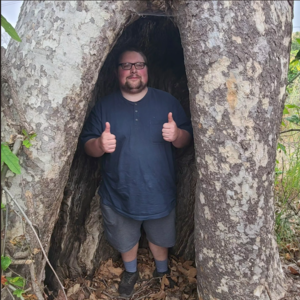 Jonathan Ruckman 10/31/2025 7:42 PMYou can utilize an entire vegetable in a dish by boiling it, grinding it, and steaming it.
Jonathan Ruckman 10/31/2025 7:42 PMYou can utilize an entire vegetable in a dish by boiling it, grinding it, and steaming it.
-
REFLECTION QUESTIONLand SinksHow is planting trees good for your mental, physical, and spiritual health?
 Jonathan Ruckman 10/31/2025 7:41 PMPlanting trees is good for your mental, physical and spiritual health because humans are meant to be in nature. And we tend to feel the safest and happiest when we have fresh air, a lot of green space, and sunlight. This works so well because this is how nature intended us to exist.
Jonathan Ruckman 10/31/2025 7:41 PMPlanting trees is good for your mental, physical and spiritual health because humans are meant to be in nature. And we tend to feel the safest and happiest when we have fresh air, a lot of green space, and sunlight. This works so well because this is how nature intended us to exist.
-
REFLECTION QUESTIONLand SinksWhat are the multiple benefits of community gardens, including carbon sequestration? Why do these benefits matter to you?
 Jonathan Ruckman 10/26/2025 8:18 PMThe multiple benefits of having community gardens are when you use a compost pile you put the carbon back into the soil. Another way gardens benefit the community is by providing a low cost, local source of healthy food. Community gardens bring the community together in a way that no other activity can. These benefits matter to me because they will make my community a better place.
Jonathan Ruckman 10/26/2025 8:18 PMThe multiple benefits of having community gardens are when you use a compost pile you put the carbon back into the soil. Another way gardens benefit the community is by providing a low cost, local source of healthy food. Community gardens bring the community together in a way that no other activity can. These benefits matter to me because they will make my community a better place.
-
REFLECTION QUESTIONIndustryWhat single-use items (e.g. straws, coffee cups, vegetable bags, plastic bags) do you regularly use? What could be substituted instead?
 Jonathan Ruckman 10/21/2025 10:57 PMI use plastic cups when I buy drinks out at a store or restaurant. When it comes to drinks at a restaurant or store I guess the most you could do to substitute this would be trying to shop at places that use paper cups or glass.
Jonathan Ruckman 10/21/2025 10:57 PMI use plastic cups when I buy drinks out at a store or restaurant. When it comes to drinks at a restaurant or store I guess the most you could do to substitute this would be trying to shop at places that use paper cups or glass.
-
 Jonathan Ruckman 10/21/2025 10:50 PM
Jonathan Ruckman 10/21/2025 10:50 PM -
 Jonathan Ruckman 10/15/2025 8:05 PM
Jonathan Ruckman 10/15/2025 8:05 PM -
REFLECTION QUESTIONTransportationWhat have you noticed on your daily walks? What have you enjoyed? What infrastructure changes could make your walks more enjoyable or possible?
-
REFLECTION QUESTIONLand SinksHow can spending more time outdoors enhance your sense of place -- your deep knowledge of and appreciation for your surroundings?
-
REFLECTION QUESTIONIndustryWhat was the hardest item to reduce using or cut out that is plastic? Did you find a way to do it?
 Jonathan Ruckman 10/04/2025 1:05 PMI find some of the toughest plastics to reduce are plastics that come attached or built into crucial products that have no plastic alternatives. Such as electronic plastic housing, plastics attached to cooking utensils, and plastic attached to furniture to name a few examples. These plastics are pretty much impossible to reduce on an individual level. The corporations must reduce the plastic in these types of products to make a difference. Some of the easiest plastic to reduce are single-use plastics such as bags and bottles.
Jonathan Ruckman 10/04/2025 1:05 PMI find some of the toughest plastics to reduce are plastics that come attached or built into crucial products that have no plastic alternatives. Such as electronic plastic housing, plastics attached to cooking utensils, and plastic attached to furniture to name a few examples. These plastics are pretty much impossible to reduce on an individual level. The corporations must reduce the plastic in these types of products to make a difference. Some of the easiest plastic to reduce are single-use plastics such as bags and bottles.
